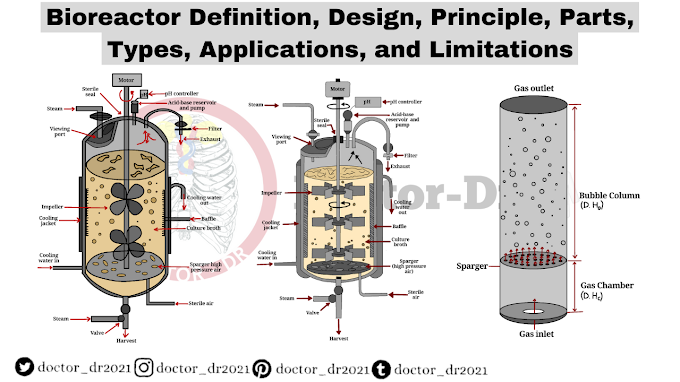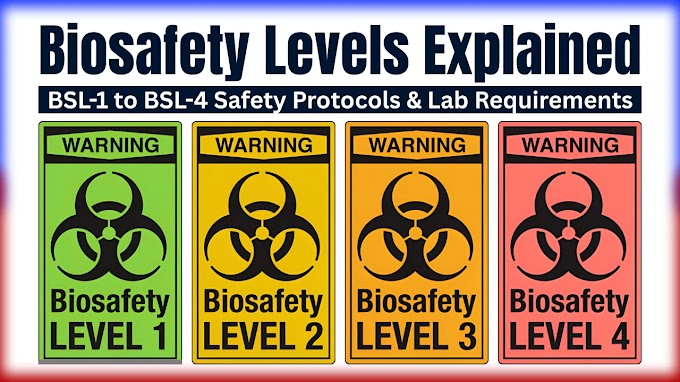In recent years, there has been remarkable progress in the development of vaccines, including mRNA vaccines used during the COVID-19 pandemic, the first approved vaccine for respiratory syncytial virus (RSV), and a potential universal flu vaccine. Another area of inspiring progress is the development of a vaccine for HIV, which still affects millions of people worldwide each year. A recent first-in-human trial of an HIV vaccine made from a unique protein nanoparticle has shown promising results.
The vaccine, known as eOD-GT8 60-mer, is designed to expand the production of a rare type of B cell that is the precursor to other B cells capable of producing broadly neutralizing antibodies (bnAbs) against diverse HIV variants. The study, published in Science Translational Medicine, demonstrated that the vaccine is safe and elicited a robust immune response in nearly all of the 36 healthy adult volunteers. Helper T cells, which support the development of bnAbs, also showed broad responses.
Developing an HIV vaccine has been challenging due to the ability of the virus to evade the immune system and the rapid mutation of HIV variants. However, the goal of this research team is to train the immune system to produce bnAbs that can recognize and defend against multiple HIV variants. The nanoparticle vaccine serves as the first step in priming the immune system to produce the desired bnAb-precursor B cells.
The vaccine was administered twice to each participant with an eight-week interval and was found to be safe with only mild to moderate side effects that resolved quickly. It also increased the production of the desired B cells in the majority of recipients. This sets the stage for booster shots to further guide these cells towards producing HIV-protective bnAbs.
The study also investigated the response of helper T cells and found encouraging results. CD4 T cells specific to the HIV protein and the nanoparticle were observed in a high percentage of vaccine recipients. This information is crucial for refining future vaccines to elicit an effective helper T cell response.
The research team is now collaborating with Moderna, the developer of one of the successful mRNA-based COVID-19 vaccines, to develop an mRNA version of the eOD-GT8 60-mer vaccine. mRNA vaccines offer advantages in terms of production and modification speed, which can accelerate the progress of this research. Clinical trials of the mRNA version are already underway in the United States and in Rwanda and South Africa.
The progress being made in HIV vaccine research, along with recent FDA approval of preventative treatments and the global commitment to ending the HIV epidemic, provides hope for a future where HIV can be effectively controlled.








